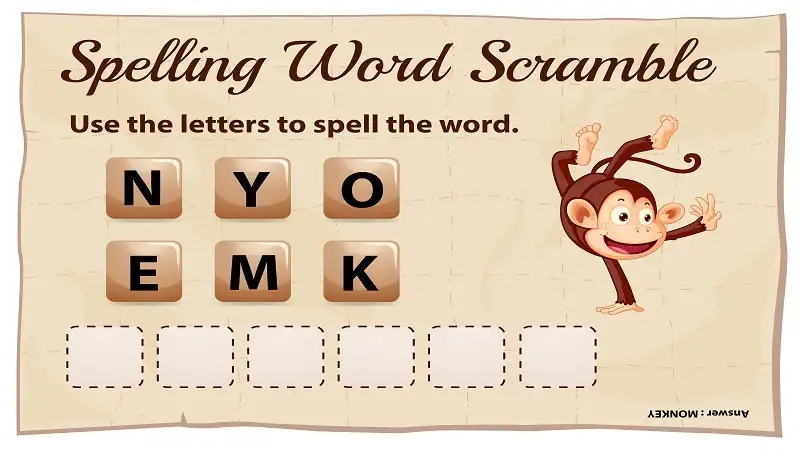The English language offers a rich array of words to describe the act of seeking, investigating, or venturing into the unknown. While explore is the most common term, there are many synonyms and related expressions that convey similar—sometimes more precise—meanings. This article examines alternative words for explore, explains their nuances, and provides examples to help you use them effectively.
Understanding the Essence of “Explore”
Before replacing a word, it’s important to understand its core meaning. Explore typically means to travel through an unfamiliar area to learn about it or to investigate a subject in detail. Whether you’re talking about exploring a forest, exploring an idea, or exploring new career options, the word conveys a sense of curiosity, discovery, and examination.
Why Look for Another Word for Explore?
-
Avoid Repetition in Writing: Using varied vocabulary makes essays, reports, or creative work more engaging.
-
Match the Context: Some synonyms may emphasize analysis, while others highlight adventure or experimentation.
-
Refine Your Tone: Certain alternatives sound more formal, poetic, or technical, depending on the setting.
Synonyms that Capture Physical Exploration
When you mean traveling or moving through new terrain, these words can stand in for explore:
-
Discover – Highlights finding something unknown.
Example: “Early sailors set out to discover new trade routes.” -
Travel – Broadly covers moving from one place to another.
Example: “They traveled through remote valleys to study rare plants.” -
Wander – Suggests a leisurely or aimless journey.
Example: “We wandered through the charming old streets of Lisbon.” -
Roam – Implies freedom and often long distances.
Example: “Wild horses roam the vast plains.”
Each of these alternatives paints a slightly different picture of the action and mood.
Words Emphasizing Investigation and Study
When explore means researching or analyzing, you can use:
-
Examine – Focuses on careful observation or testing.
Example: “Scientists examine soil samples for signs of life.” -
Investigate – Often used for formal inquiries.
Example: “The team will investigate the causes of climate change in the region.” -
Probe – Conveys deep or sometimes critical analysis.
Example: “The journalist probed into government spending.” -
Research – Highlights systematic study.
Example: “Students research historical records to learn about local culture.”
These words suit academic papers, professional reports, or any situation requiring precision.
Synonyms Highlighting Creativity and Ideas
Sometimes exploration isn’t physical but intellectual or imaginative. Consider:
-
Delve – To dig deeply into a subject.
Example: “She delved into ancient mythology for inspiration.” -
Ponder – Reflective, thoughtful consideration.
Example: “They ponder the meaning of innovation.” -
Contemplate – Quiet, sustained thought.
Example: “He contemplated various career paths before making a decision.” -
Analyze – Systematic examination of ideas or data.
Example: “The researchers analyze patterns in social behavior.”
These alternatives fit essays, brainstorming sessions, and discussions of abstract topics.
Poetic and Literary Alternatives
If you’re writing fiction or poetry, more evocative terms may work best:
-
Venture – Suggests daring and risk.
Example: “They ventured into the stormy sea.” -
Quest – Romanticizes a purposeful journey.
Example: “Her quest for knowledge never ends.” -
Seek – Timeless and spiritual in tone.
Example: “They seek wisdom from ancient texts.” -
Traverse – Elegant, often used in travel literature.
Example: “The explorers traversed deserts and mountains.”
These words create mood and depth in storytelling.
Choosing the Right Synonym: Context Matters
Not all synonyms are interchangeable. For example:
-
Investigate works for a scientific study, but sounds awkward in “We investigated the countryside.”
-
Roam conveys freedom but lacks the analytical sense of examine.
Always consider audience, tone, and purpose before selecting an alternative.
Practical Tips for Using Synonyms Effectively
-
Check Nuances: Use a dictionary or thesaurus to confirm connotations.
-
Read Aloud: Ensure the replacement fits the sentence rhythm.
-
Keep Clarity First: Don’t sacrifice understanding for fancy words.
-
Balance Variety and Consistency: A few well-chosen synonyms are better than excessive substitutions.
Examples of “Explore” Synonyms in Action
Here’s a paragraph rewritten with different alternatives:
-
Original: “The team explored the ancient ruins to learn about past civilizations.”
-
Revisions:
-
“The team investigated the ancient ruins to learn about past civilizations.”
-
“The team ventured into the ancient ruins to discover insights about past civilizations.”
-
“The team examined the ancient ruins to uncover clues about past civilizations.”
-
Each version shifts the focus slightly—from formal research to adventurous discovery.
Final Thoughts on Another Word for Explore
The word explore is versatile and expressive, but expanding your vocabulary opens doors to more nuanced and vivid communication. Whether you’re writing a research paper, crafting a story, or simply seeking linguistic variety, synonyms like discover, investigate, roam, delve, and venture can add clarity and color. By considering context and audience, you can confidently choose the perfect alternative to convey curiosity and the spirit of discovery.

